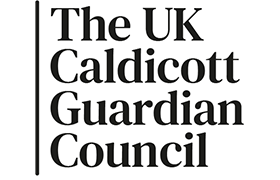Chair’s Introduction & Welcome: National Caldicott Guardian Update
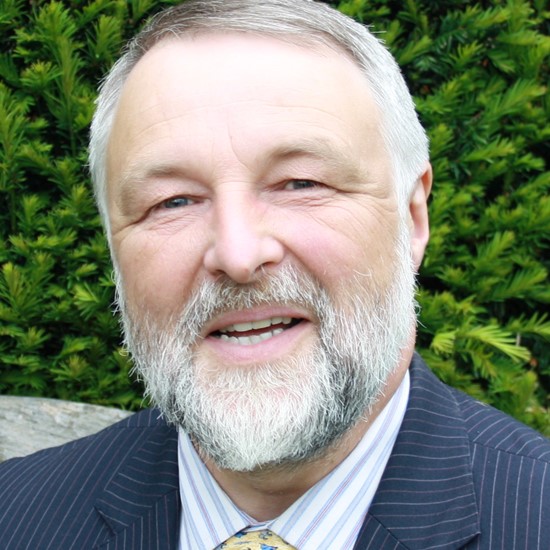 Christopher Fincken
Christopher Fincken
Former Chair
UK Caldicott Guardian Council
• Caldicott Guardian National Update
• understanding ethical decision making within the context of the Caldicott Guardian role
• Caldicott, Ethics and Covid-19
EXTENDED SESSION: Ethical Decision Making: Principles and Practice
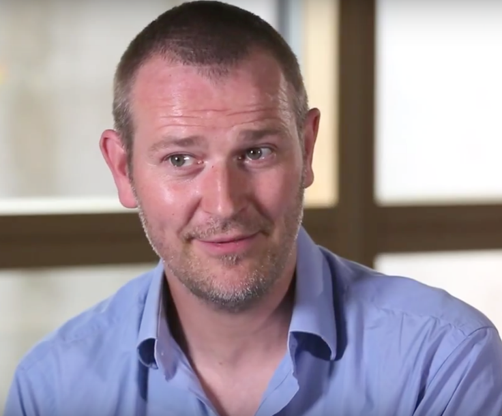 Giles Birchley
Giles Birchley
Research Fellow, University of Bristol
• developing your ethical expertise as a Caldicott Guardian
• ethical principles and frameworks to support moral decision making
• making difficult decisions: understanding conflicting ethical principles
• integrating clinical ethics into clinical decision making
• advice for Caldicott Guardians
Clinical Ethics and Covid-19
 Dr Jenny Vaughan
Dr Jenny Vaughan
Law and Policy Lead, Learn Not Blame;
Chair, Doctors’ Association UK and Consultant Neurologist,
Ealing Hospital NHS Trust
• ethical issues and information sharing during Covid-19
• communicating with families
• clinical ethics case studies during Covid-19
Jenny spoke about ethical issues and information sharing during the Covid-19 pandemic.
She spoke about sharing information and how dangerous it can be by sharing too little or too much, and how much more vital this became during the Covid-19 pandemic.
Jenny said "This is why we need to get the right information to the right people at the right time and prevent it from going to the wrong people".
Jenny went on to say "The Covid 19 pandemic has highlighted the issues that the NHS where grappling with before the pandemic, so whats changed? There needed to be much more rapid sharing which got people to use their own rules".
"We had to be able to monitor the situation on the ground for the implementation of contract tracing, what was going up and what was going down, almost a live knowledge of what the trends were".
"We had to then plan intervention and preventative strategies such as vaccination programs, we had to do this without compromise on basic principles with data sharing".
EXTENDED SESSION: Information Sharing & the Duty of Candour
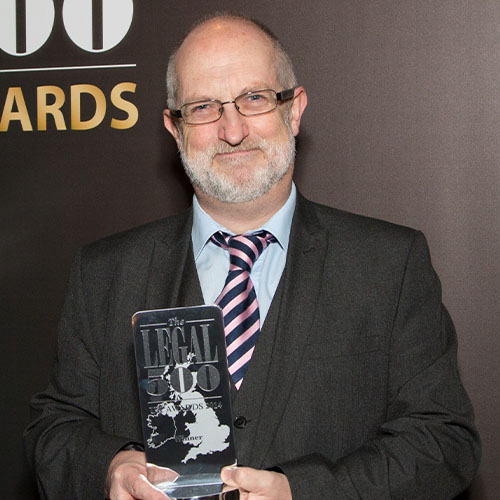 Mike O’Connell
Mike O’Connell
Legal Services Practitioner and Interim Senior Inquests Manager, Calderdale and Huddersfield NHS Foundation Trust
• the legal principles behind the Duty of Candour: when should disclosures be made?
• information sharing and the Duty of Candour
• training and supporting staff in disclosing unanticipated events in patient care
• liaising with patients and families
• applying ‘being open’ principles
• examples in practice
Ethics and Consent for Information Sharing
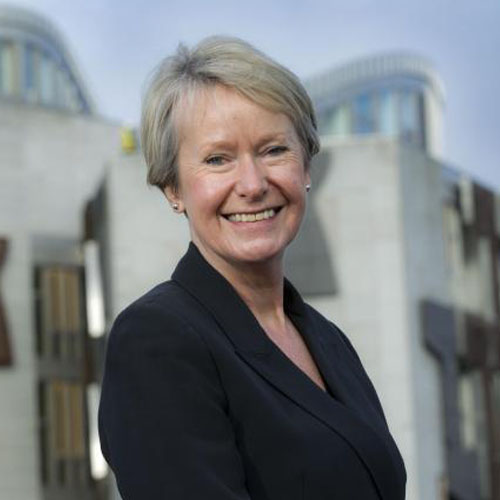 Professor Alison Britton
Professor Alison Britton
Professor of Healthcare and Medical Law
Glasgow Caledonian University and
Task & Finish Group Member
Consent Guidance, General Medical Council
• the updated GMC consent guidance: what has changed?
• ethics and consent
• sharing information without consent
• moving forward
Ethical dilemmas and difficult issues in practice
Adrian Marchbank
Consultant Cardiothoracic Surgeon and Caldicott Guardian
Plymouth Hospitals NHS Trust
• what are the difficult decisions for Caldicott Guardians
• ethical decision making: my experience
• issues we have seen in Mid Yorkshire
EXTENDED SESSION: The relationship between legal and ethical issues
 Ian Brownhill
Ian Brownhill
Barrister
39 Essex Chambers and HM Assistant Coroner
• law and ethics in clinical practice
• key areas where law & ethics interrelate
• addressing the gaps between theory, law and the reality of care: issues we have addressed in practice
This session includes small breakout groups
EXTENDED INTERACTIVE SESSION: Caldicott Decision Making in Practice Working through Caldicott Case Examples
 Christopher Fincken
Christopher Fincken
Former Chair
UK Caldicott Guardian Council
This extended session will work through Case Histories in practice– using real case study
examples to demonstrate the complexities of Caldicott decision making and tools and
techniques to help you in practice. The session will include case studies on Covid-19
domestic violence and sharing of information.
The session will include small breakout groups
Christopher spoke about Caldicott Decision Making in Practice by working through Caldicott case examples.
Christopher asked us to think about trust as well as confidentiality "The link between trust and confidentiality is vital. How is trusting an organisation different to trusting an individual, can a single member of staff affect you trusting an organisation".
Christopher went on to talk about the use of scenarios and how we have to be careful of the use of scenarios "It's those tiny differences that make the difference of something being a good response and a bad response, so when using scenarios we should not so much look for what the answer is but as to what questions one should be asking in order to come to that conclusion".
Christopher also spoke about what effects your moral compass, personal experience has a big effect of this. He said "We don’t recognise all prejudices, especially what's important to other religions/cultures".
Bring your Caldicott issues and challenges
This session will allow delegates to question on issues they are facing in practice.
